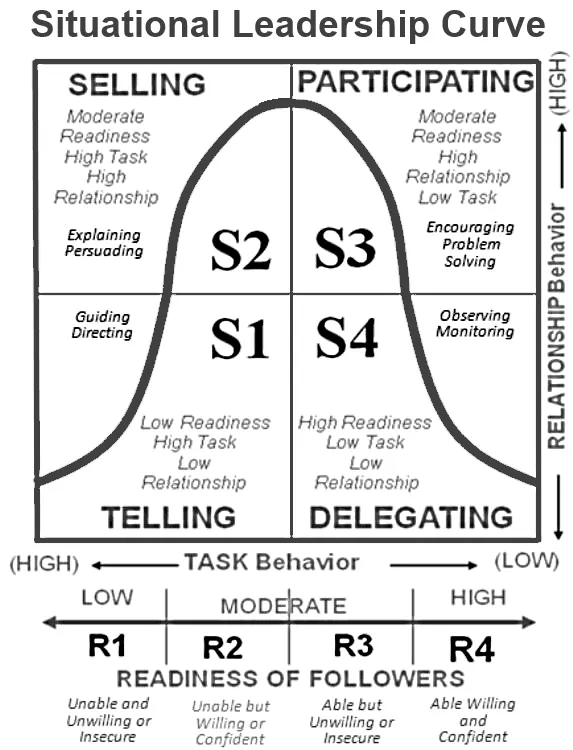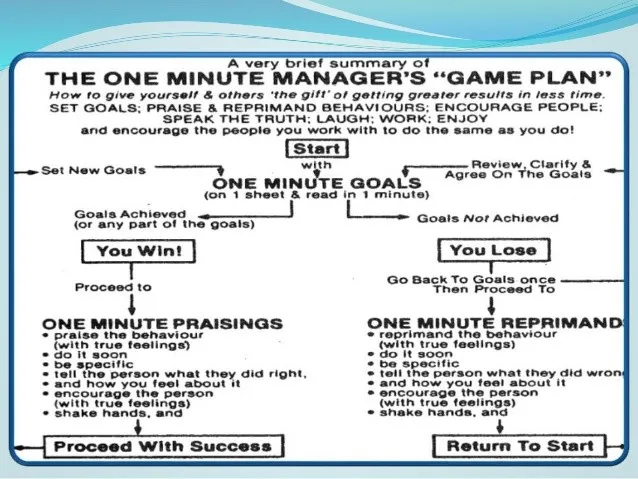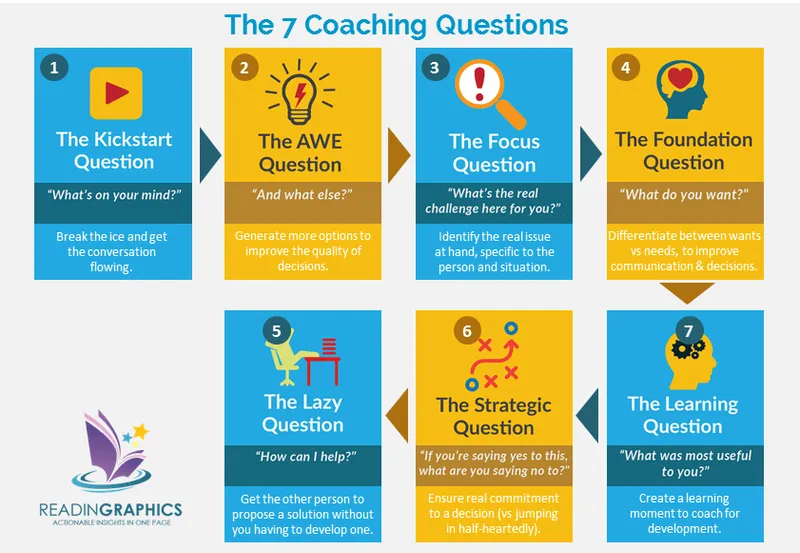It is an exciting and terrifying event in life when you first become a manager. You may be someone who has always dreamt about becoming a manager or perhaps someone who stumbled into management. Either way, if you are like most people, including me when I first became one, you are probably ill-prepared.
There is a treatise of books on how to become a great manager. While all great wisdom comes not just from learning but from experience, you must read the great books on management since they provide a map to get started towards your destination.
Picking my favourite books on management was as tricky as predicting the top seeds in a tennis tournament with a massive draw. If there were to be an unarguable choice for a top-rated seed for authors of management books, it would be Peter Drucker. He is known as the foremost authority on the art and science of management.

Representational Image
Without further ado, here’s my list of the top management books for newly-appointed managers, or experienced ones who are trying to hone their skills with a refresher.
The Effective Executive by Peter Drucker – It was first published over 50 years ago and is still as relevant as ever. I read it many years after first becoming a manager, and it had a profound impact on me. Most managers focus on efficiency, and Drucker argues that we should concentrate on Effectiveness – that comes from knowing where to spend your time, playing to your strengths, and prioritising brutally to deliver results. The other good book across all of Drucker’s work is to read the “Essential Drucker”.
Managing Oneself by Drucker: I’d warned you, he is the GOAT of Management Thinkers. As the maxim inscribed on the Apollo temple of Delphi in Greece says, before anything else, know thyself.
Most of us spend too much effort managing our time rather than managing our energy.
Drucker suggests starting with doing an honest self-assessment of your strengths, your values, and the ideal conditions for you to perform at your best; you can then figure out how to play to your strengths to contribute to the organisation. It also asserts that we should spend our time managing our energy, our priorities, and our focus, rather than obsessing about just managing time.
It takes far more energy to improve from incompetence to mediocrity than to go from first-rate performance to excellence – Drucker.
Managing your Boss by Gabbaro and Kotter: This is the inverse of the above. You figure out your manager’s strengths, values, drivers, and styles. Some of this might be by observation, by talking to people, or if you are so lucky as to have an “effective” boss, they will be even glad to tell you.
While we have all had our share of unreasonable managers, we rarely spend time trying to understand our bosses and squaring up with them. Perhaps it the hierarchical relationship, maybe it is some societal norm; or, we are just trying to please them and “blindly” following dictums. It behoves us to figure out how they operate and align not only with their OKRs or KRAs but their motivators, values, and operating style as well. Some of these may be different from those of the organisation and can cause much avoidable grief.
You join an organisation but you leave a manager – Anonymous
High Output Management by Andy Grove: Okay, you understand yourself, your boss, and have got a team going. Now, how do you get them to be a high-performance “team”? Andy Grove, Co-founder and CEO of Intel, wrote this treatise about increasing the productivity and output of your teams. Like Drucker, he also talks about being efficient with your time, two key ideas that had a significant impact on me as a young manager were:
- Leverage: People often become managers or get promoted to one because of being excellent, functional, individual contributors. That is both a boon and a bane. As a young manager, you feel that you can do everything. You can’t. A manager is not a super individual contributor but someone who is going to be a coach, a midfielder on a soccer field, and even a conductor of an orchestra. Yes, they need to be knowledgeable, but they need to make the team perform.
- Efficient Meetings & Effective Decision making: The critical role for any manager, including the top manager, the CEO, is to make decisions about people, product, sales, marketing, and more. However, often, as you as the companies grow, all meetings tend to end up having too many people or a lack of a sharp agenda – what is an informational or status meeting, versus say a discussion (or “mission” oriented meeting) or a decision making meeting. One may need all three, but often the lines are blurred, and none of the meetings is useful.
Andy’s book was also the “foundation” for OKRs (Objectives and Key Results) framework, which was later espoused by many companies like Google.
Situational Leadership Model by Blanchard et al: The situational leadership model for leading and managing teams suggests that you need to adapt your management style to the readiness and willingness of your employees. And, they may all be at different levels of competence and confidence. A fresh graduate or a blue-collar worker may need to be “directed” very specifically with little room for creativity. On the other hand, the leaders or senior performers on the team may need more leeway.

[Image Credit: Amit Somani]
So, over time, your job as a manager is to get better at enabling people and build leverage by being able to manage and delegate effectively. There are two critical skills required to do so are feedback and coaching.
One Minute Manager by Ken Blanchard and Spencer Johnson: If there were a close runner-up to Drucker in my mind on this genre, it would be these two gentlemen. Most of Blanchard’s books are written in a parable style and so easy to consume and to apply. The one-minute manager suggests three critical things: one-minute goals, one-minute praises, and one-minute reprimands.
Two lessons have stuck with me even after all these years:

- Be specific, precise, and timely on both your praise and your reprimands.
- Share the feedback about the what, the how, and the why. We should focus on the behaviours, the actions, and their impact and not the person.
The intent of the feedback is for the benefit of the receiver and not the benefit of the giver.
The Coaching Habit : Say Less, Ask More & Change the Way You Lead Forever by Michael Bungay-Stainer
As you make more progress on becoming a great manager, you have to transition from being a “directing” manager to being a “mentor” to eventually being a coach. The most straightforward difference between a coach and a mentor or a supervisor is that the coach does not solve problems for you, but they enable you to solve your problems yourself.
A coach switches to a Socratic style of interaction with much open-ended, inquisitive communication. Michael Bungay-Stainer has a great book on what he considers the seven most useful questions to enable a coaching conversation.

[Image Credit: Amit Somani]
As the title of the book says, as you rise in the management hierarchy, you need to spend more time listening and asking the right questions, and lesser time talking.
21 Irrefutable Laws of Leadership by John Maxwell: Drucker has famously said that if management is about doing things right, leadership is about doing the right things. Maxwell has beautifully summarised what he believes are the 21 irrefutable laws of making this transition from manager to leader.
Each law is interesting in its own right. A few that I recollect very vividly are:
- Law of Influence (#2) – you have to learn to leverage not just your direct reports, but the rest of the organisation.
- The Law of Navigation (#4) – you have to switch from “following” an established map to becoming a cartographer.
- The Law of Multiplication (#20) – leaders don’t create followers; they create more leaders and hence lead to exponential leverage.
Let me end with a quote by the late Zig Ziglar, a legendary sales leader, and an inspirational coach.
You can have everything in life you want if you will just help other people get what they want. — Zig Ziglar
Go ahead – make your team win; make your boss win; make your organisation win. You will win automatically.
[Disclaimer: This story first appeared on LinkedIn]






![Read more about the article [Tech50] How gamified digital health platform GrowFitter aims to get an entire nation into the fitness habit](https://blog.digitalsevaa.com/wp-content/uploads/2021/12/FoundersGrowFitter-1638857867450-300x150.png)



